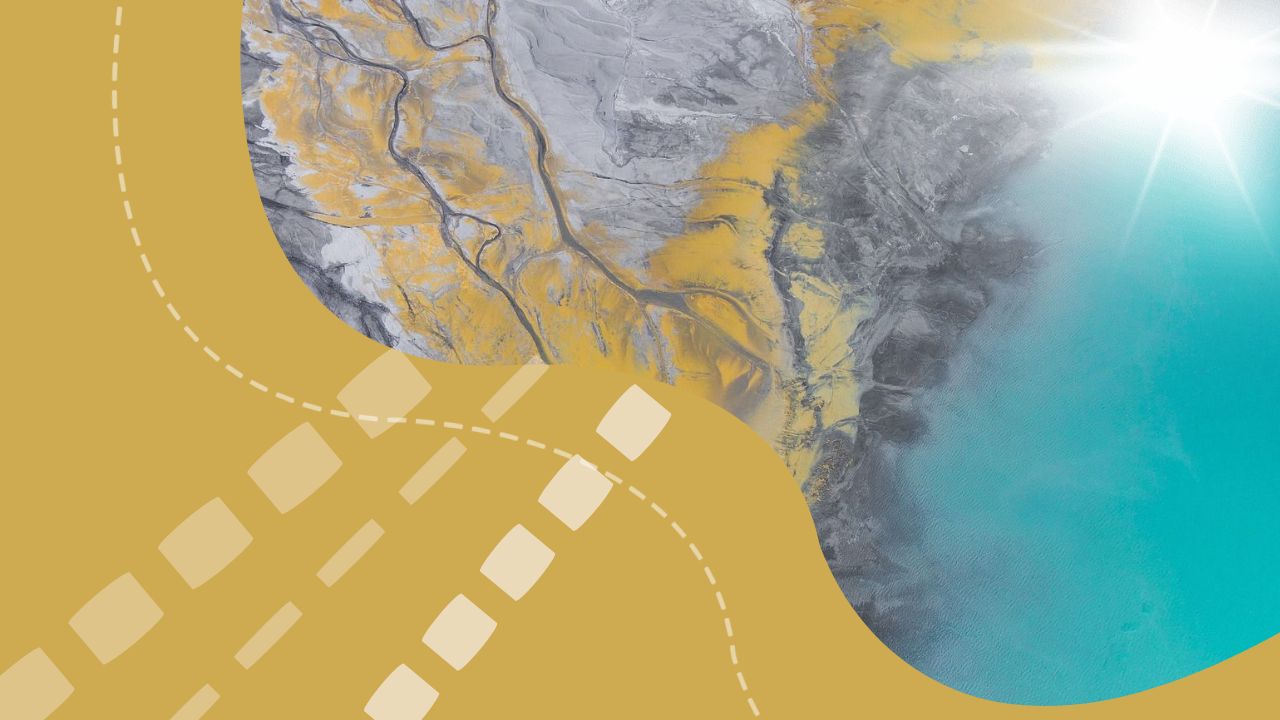Euro Sun Mining’s Rovina Valley Project is set to be evaluated on multiple critical factors. This assessment will consider how its copper contributes to Europe’s energy transition, the number of local jobs created, the success of regional gentrification, and the improvement of infrastructure in Hunedoara County. Equally important is the project’s environmental stewardship and its relationship with the natural ecosystem.
Environmental Baseline Data Collection: An Integral Component
For Euro Sun Mining, environmental baseline data collection remains key at every stage of the project—from exploration and development to full-scale operations. Establishing a reference point for existing environmental conditions ensures compliance with regulatory requirements and helps minimize future ecological and social impacts.
Key Elements of Environmental Baseline Data Collection
1. Physical Environment
Climate & Meteorology: For over a decade, Euro Sun Mining has measured and recorded temperature, precipitation, humidity, and wind patterns using weather stations throughout the mining concession.
Geology & Soil: Extensive mining drill programs have provided critical environmental data on soil composition, stability, erosion potential, and possible contamination.
Hydrology & Hydrogeology: Monitoring surface water bodies, groundwater levels, flow rates, flow direction, and overall water quality is crucial in mine planning. Data is verified by independent experts. Monthly flow charts of streams provide a baseline of water hydrology around the site.
Air Quality: Baseline air quality measurements include dust, gases (CO₂, NOx, SO₂), and heavy metals.
2. Biological Environment
Flora: The concession area contains indigenous vegetation that regenerates quickly. Satellite imagery and ground-truthing techniques are used to map this vegetation. For every tree removed, Euro Sun Mining commits to planting three trees.
Fauna: The project’s relatively small footprint minimizes impact on wildlife. Livestock grazing and hunting activities will be curtailed during the life-of-mine.
Aquatic Life & Water Quality: Baseline sampling of rivers and groundwater establishes data for metals, pH, turbidity, and nutrients. Although a small stream may require diversion, fish populations, water biodiversity, and overall ecosystem health will remain unaffected.
3. Socio-Economic & Cultural Environment
Land Use & Zoning: Current land use data has been mapped, and future development plans are available for public review.
Population & Demographics: In collaboration with local governments, Euro Sun Mining tracks population trends in Criscior and Brad, analyzing household livelihoods and employment patterns.
Indigenous & Cultural Heritage: While no cultural heritage sites exist within the mining area, nearby sacred sites are designated for restoration and preservation once mining operations begin.
Public Health & Safety: Euro Sun Mining ensures baseline health and safety conditions are integrated into the mine plan, working within European legislation and alongside local governments.
Data Collection Methods
Field Surveys & Sampling: Includes soil and rock testing, water sampling, and air quality monitoring.
Remote Sensing & GIS Mapping: Utilizes satellite imagery and drone surveys to analyze terrain, vegetation cover, and water bodies.

